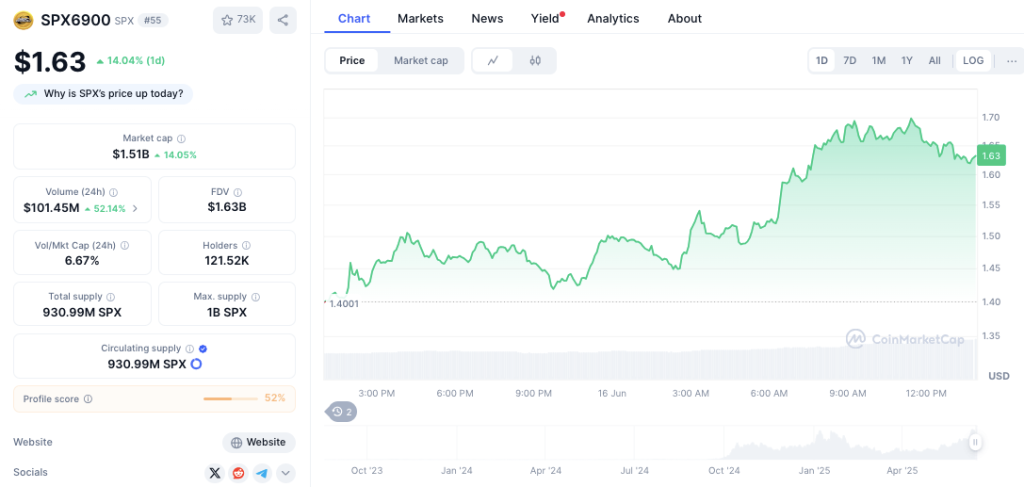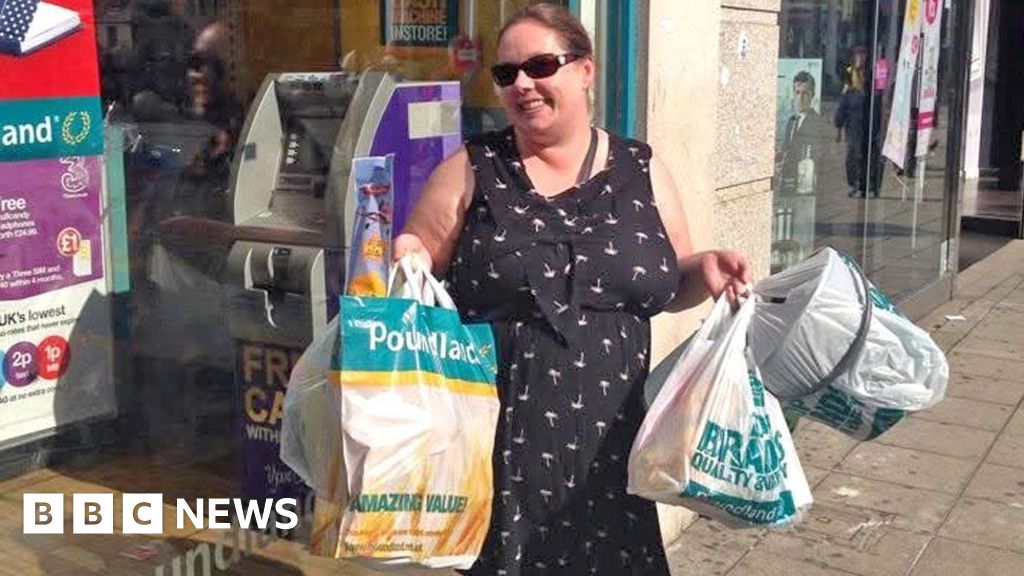Receive free US economy updates
We’ll send you a myFT Daily Digest email rounding up the latest US economy news every morning.
The writer is an economist and a managing director at Pimco
Although the drama over a potential US default has quickly faded since Congress passed a debt-ceiling accord last month, the effects of several provisions in the deal have yet to be felt.
Perhaps most notable is the requirement that all interest payments on federal student loans once again start accruing on September 1 2023, with payments coming due in October. The resumption of payments on most of the $1.6tn of student debt outstanding portends a significant US economic headwind starting in the third quarter of this year.
The Coronavirus Aid, Relief, and Economic Security Act — signed into law in March 2020 — followed by subsequent executive orders by both the Trump and Biden administrations, paused payments on federal student loans as part of the policy response to the pandemic. The pause, which was extended eight times, has meant that for more than three years about 20mn people who borrowed to finance higher education costs have not had to make their average estimated payments of about $200 —$400 a month, according to US Federal Reserve figures.
What’s more, about 16mn student loan borrowers, who had already been approved for the Biden administration’s loan cancellation programme, will also not get relief after the US Supreme Court recently ruled that the White House did not have the authority to cancel those loans.
The additional bill that many US consumers now face comes when the economy is already decelerating due to the lagging effects of more restrictive monetary policy and banking sector stress.
We believe the macroeconomic impact of the resumption of payments will be significant for several reasons. First, the figure may be larger than the widely cited $60bn annualised estimate. That was based on a Federal Reserve Board study of a subset of loans as of the first quarter of 2020. However, looking at the wider sample currently under forbearance, and the recent average federal loan interest rate of 6.36 per cent, we estimate that payments are likely to be in the area of $100bn annualised.
Second, despite excess savings, evidence from debt compiled by credit rating agencies suggests that US consumers used the temporary cash flow boost from the payment holiday to take on more debt. A recent University of Chicago paper highlights that borrowers who benefited from the debt moratoria sharply increased their mortgage, auto and credit card borrowing on average. As payments resume, these households must now service their original debt load as well as the additional borrowing.
Third, the resumption of student loan payments is not the only government policy likely to cause volatility in the second half of 2023. The tax-filing deadline for areas affected by natural disasters, including California, was pushed from April to October. While this temporarily boosted consumption in April, we expect payback in October. We estimate the shift in the tax date could amount to a $30bn-$50bn hit to US discretionary income in the fourth quarter.
To be sure, the payments effect on discretionary incomes won’t be felt equally across US households. Student loan debt payments are skewed towards higher-income households, with 28.1 per cent of payments coming from the top 20 per cent of the income distribution, according to data from Fed’s Distributional Financial Accounts and Brookings. These same higher-income households account for 80 to 90 per cent of the excess savings accumulated since the beginning of the pandemic, suggesting that they still have some buffer to draw on to help meet these payments.
Nevertheless, higher interest payments are likely to eat away at the overall excess savings that many households accumulated during the pandemic, and will weigh on savings and consumption decisions over the next few years. The annualised monthly payments are estimated to be 5 per cent of the remaining stock of excess savings for an average individual, while excluding the top income quintile, the estimated impact rises to about 37 per cent of the current excess savings — a significant proportion.
The bottom line is that government policy changes are adding to macro volatility at a time when the US economy is already slowing. While we continue to believe healthy household balance sheets can help buffer the overall economy, the impact of higher debt service costs will reduce what has been an important support to overall US growth.
Libby Cantrill of Pimco contributed to this column
Credit: Source link











